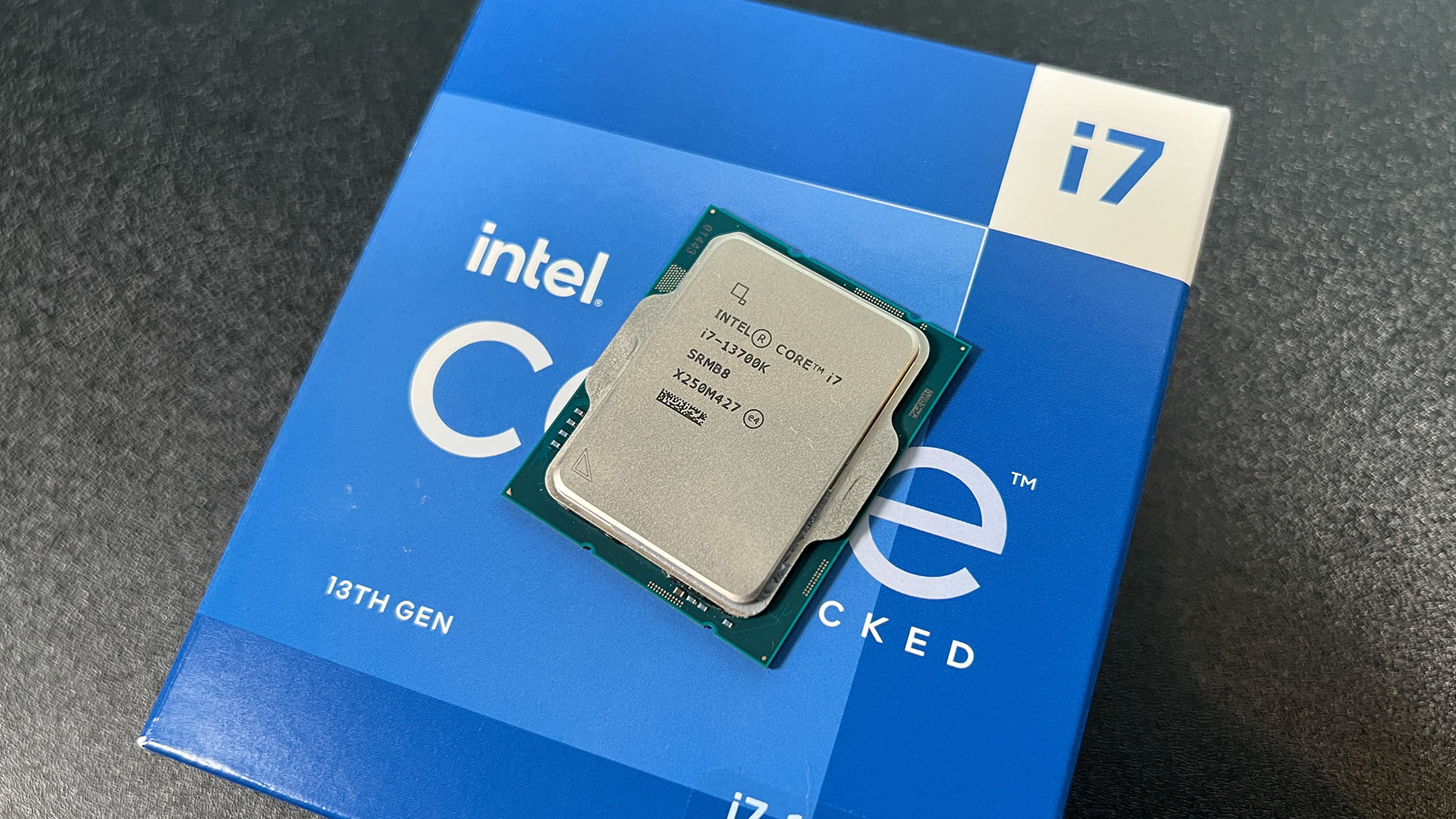Raptor Lake Refresh price rumor is worrying – could AMD’s Zen 5 CPUs leave Intel in the dust?
If Intel’s 14th-gen comes up short, it really is leaving the door open for Ryzen 8000 next year

Sign up for breaking news, reviews, opinion, top tech deals, and more.
You are now subscribed
Your newsletter sign-up was successful
Intel’s Raptor Lake Refresh processors could witness a price hike with the initial launch of the K series models (that can be overclocked) for the 14th-gen.
Tom’s Hardware spotted that well-known leaker @momomo_us shared pre-release pricing from an unknown online retailer.
pic.twitter.com/Rw6ueS0G1VAugust 27, 2023
Given that we aren’t told the source – though it’s obviously an obscure retail outlet somewhere – and the fact that these could well be placeholder listings, as is always the case with pre-release pricing, we must be extra-cautious here (even more so than usual with a rumor).
If the pricing is correct, the Core i9-14900K, Core i7-14700K, and Core i5-14600K are all set to be cranked up by about 15% for pricing compared to the equivalent Raptor Lake models. The actual price hikes vary slightly between 14% and 16%, but average out to 15%.
That would be a significant jump, of course, and would leave the 14900K flagship costing $695 in the US.
This comes alongside a recent leak showing that Raptor Lake Refresh may not be that much of a leap in performance, to potentially rub salt into the wounds.
If that spillage is correct, Intel’s inbound 14th-gen processors – which are expected to turn up in October – might only offer a 3% performance gain compared to Raptor Lake CPUs on average.
Sign up for breaking news, reviews, opinion, top tech deals, and more.
Analysis: Handing the CPU crown to AMD?
So, all this paints a rather worrying picture of a diminished value proposition with Raptor Lake Refresh, right? Well, it’s not quite that simple.
For starters, that performance leak we just mentioned comes with caveats. It shows single-core performance, and multi-core will see better gains, especially for the 14700K, which is expected to add four efficiency cores compared to the 13700K, so should be a much more meaningful upgrade.
Taking that nugget of info about the 14700K, it might make sense that this chip will get a price hike. But does it make sense that the 14600K would get the same level of price increase, given that it’ll be relatively unexciting in comparison? We’d argue not, and we’d expect a more modest increase for this mid-range CPU in all honesty, if it’s to make the cut for the likes of our best processor list.
This fact – and the source – casts doubt on this rumor for us. But we can’t rule out the possibility that even though the retailer may be bandying placeholder pricing around, it might still have heard a signal from Intel (or elsewhere in the industry) to expect price increases.
Intel’s 14th-gen has always been labeled as a simple refresh, and as such, was never going to be about big performance leaps. However, if Team Blue mixes very modest uplifts with price hikes, that’s not going to make for a particularly appetizing new range of processors.
Furthermore, bearing in mind that this is what Intel will have on the CPU table most of next year, with its following generation – Arrow Lake – likely not turning up until late in 2024, Raptor Lake Refresh is going to be facing off against Ryzen 8000. AMD’s next-gen CPUs, based on Zen 5, are rumored to potentially be looking at a release date of Q3 2024, which is very likely going to be before Arrow Lake.
And that could be a serious problem for Intel, particularly if the value proposition of Raptor Lake Refresh seems wonky.
A final observation: this is the second set of 14th-gen product listings we’ve spotted (the first didn’t provide any pricing), and that indicates something in itself – that perhaps Raptor Lake Refresh will arrive a bit sooner than expected.
You might also like
Darren is a freelancer writing news and features for TechRadar (and occasionally T3) across a broad range of computing topics including CPUs, GPUs, various other hardware, VPNs, antivirus and more. He has written about tech for the best part of three decades, and writes books in his spare time (his debut novel - 'I Know What You Did Last Supper' - was published by Hachette UK in 2013).